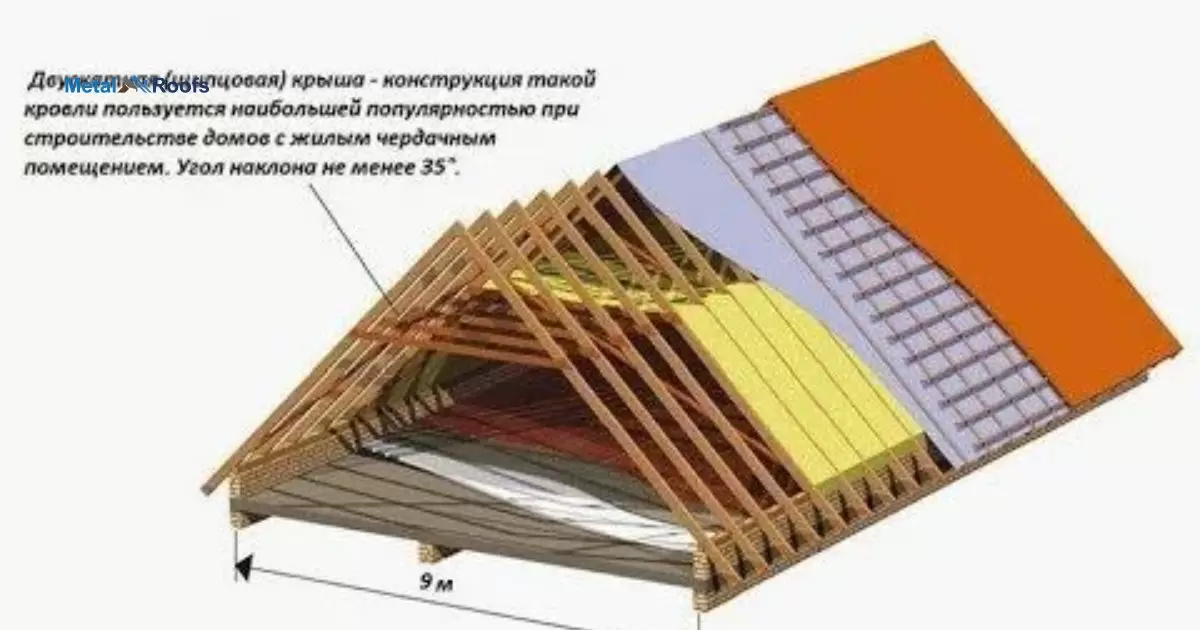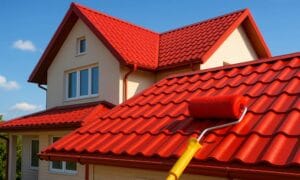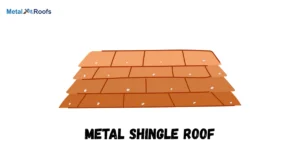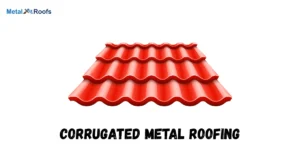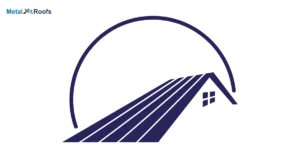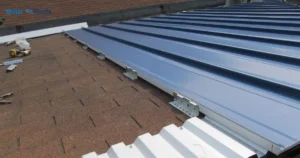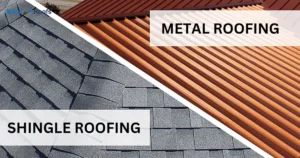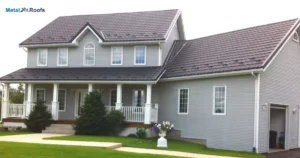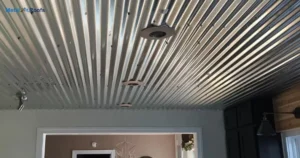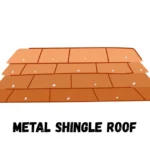My roof has been making popping sounds, especially during temperature changes. These noises likely result from the expansion and contraction of roofing materials reacting to heat and cold.
Have you been hearing strange popping noises coming from your roof? Why Does My Roof Make Popping Sounds? These unsettling sounds can be alarming, leaving you wondering if your home’s structure is at risk.
Those unnerving popping sounds from your roof could be signs of a larger issue that needs addressing. While some noises may be normal due to material expansion and contraction, persistent or loud pops should raise concerns.
Key Takeaways
- Popping sounds on your roof are often caused by temperature changes, especially during windy or cold weather.
- Proper insulation and ventilation can help minimize popping noises by maintaining more consistent temperatures.
- Regular inspections by professionals can identify any underlying issues with roof components or installation that may contribute to the noise.
- Addressing popping sounds promptly can prevent potential damage to your roof and ensure the safety of your home and family.
Why Does Roof Popping Happen?
| Cause | Description |
| Temperature Changes | Roof materials expand and contract with temperature fluctuations, leading to popping sounds. |
| Windy Conditions | Strong winds can cause roof components to move, creating friction and resulting in popping noises. |
| Improper Installation | Loose or incorrectly installed roofing materials or fasteners can shift and produce popping sounds. |
| Structural Issues | Underlying structural problems, such as settling or shifting, may also contribute to roof popping. |
When your roof makes popping sounds, it can be unnerving. Often, temperature changes are to blame. During the day, the sun heats your roof, causing materials to expand. At night, when temperatures drop, the roof contracts, leading to those popping noises.
Another reason for popping sounds could be due to moisture. When it rains or snows, moisture gets absorbed by roofing materials. As the moisture evaporates or freezes, it can cause the materials to shift slightly, resulting in metal roof thermal expansion noise popping sounds.
Popping During Winds
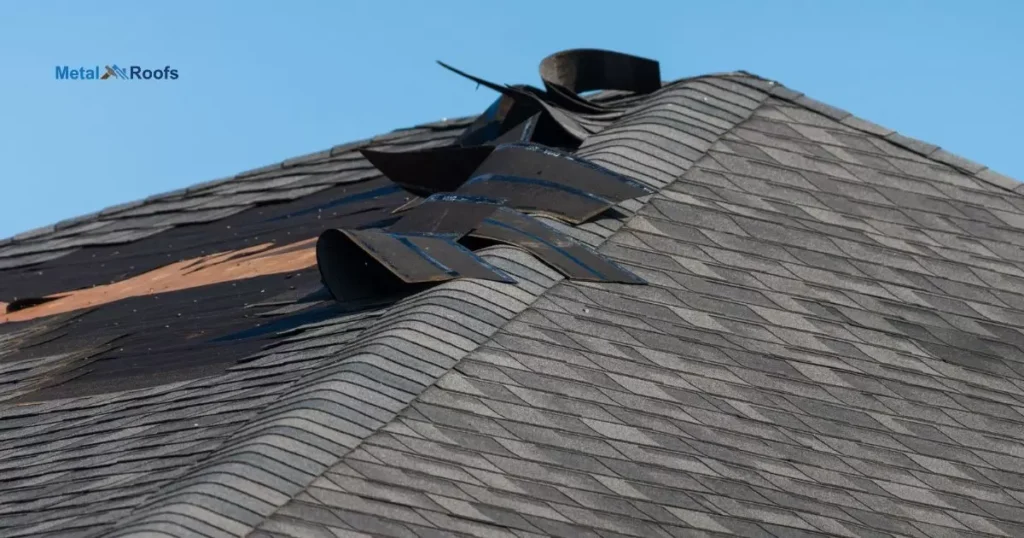
When strong winds hit your roof, it can cause materials to expand and contract, leading to popping sounds. This happens as the temperature changes rapidly, causing the roof components to shift.
The popping is often due to the movement of the roof decking or the roofing materials themselves. Sometimes, the popping during winds may also indicate that there are loose or improperly installed roof components.
If nails or fasteners are not secured tightly, they can move with the force of the wind, creating a popping noise. Regular inspections and maintenance can help identify and fix these issues before they become more significant problems.
4 Types of Noises Your Roof Can Make
Your house’s roof is vital for its strength and must be taken care of well. To know if something’s not right, just listen for strange sounds it might make. Here is a list of the most common sounds your roof may make and the possible causes for them:
Strange Sounds at Night
Your roof might start making creaking, cracking, or popping sounds when it gets colder at night. This happens because the roof materials shrink or expand as the temperature changes.
Thumping or Tapping
You might hear thumping or tapping sounds on your roof, which could be because animals like raccoons or birds are making nests up there. If you notice this, it’s best to call a professional who can remove the animals safely without hurting them.
Dripping Noises
You might notice a dripping sound when it rains heavily. This could mean there’s a leak in your roof or a blocked gutter. It’s important to get a pro to check your roof and fix any issues to keep it safe and sound.
Rumbling or Roaring
During strong winds, you might notice a rumbling or roaring sound. Loose shingles or tiles that aren’t fixed properly can cause this noise. If you hear it, it’s best to get a professional to check and fix any loose parts on your roof.
Why It Is Important to Find the Root Causes for the Noises?
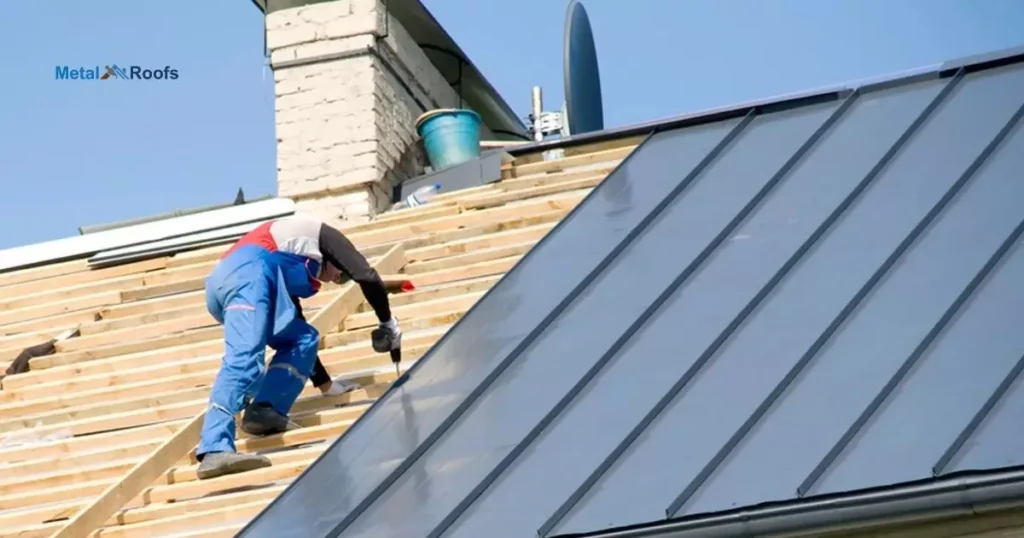
It’s crucial to figure out why your roof is making noises because they might signal a big problem. If you ignore them, it could lead to bigger issues like water or structural damage. Getting a pro to check and fix any problems can keep your roof safe and in good shape for your family.
What to Do If Your Roof Pops?
If your roof pops, start by inspecting it for visible damage. Look for loose or missing shingles, as well as any signs of sagging or water leaks. It’s wise to contact a professional roofer to assess the situation and make any necessary repairs.
To address the issue promptly to prevent further damage. A qualified roofer can identify the root cause of the popping and take appropriate action to fix it. Regular maintenance can also help prevent future issues, keeping your roof in top condition for years to come.
Cracking Noise In Ceiling At Night
At night, hearing cracking noises in your ceiling can be unsettling. These sounds often occur due to temperature changes causing materials to expand or contract. Sometimes, it’s just the natural settling of your home as it adjusts to different conditions.
It’s essential to pay attention to these noises. They could indicate more serious issues like structural problems or water damage. To ensure your home’s safety, consider having a professional inspect your ceiling to identify and address any potential issues.
Roof Popping Noise In Cold Weather
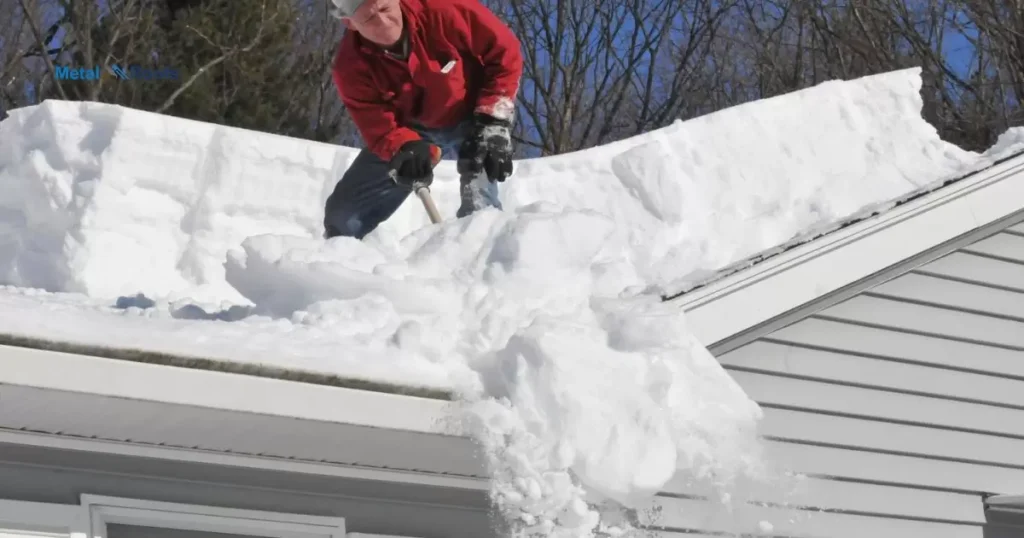
In cold weather, your roof may make popping noises due to the contraction of materials. When temperatures drop, roof components like the decking and shingles shrink, causing them to shift and create sounds.
These noises are typically harmless but can be alarming if you’re not familiar with them. To minimize popping in cold weather, ensure your attic is properly insulated and ventilated.
This helps maintain more consistent temperatures on the roof, reducing the likelihood of extreme contractions. Regular inspections can also identify any potential issues with roofing materials or installation that may contribute to the noise.
Frequently Asked Questions
Why does my ceiling make a popping sound?
Your ceiling may make popping sounds due to temperature changes causing materials to expand and contract, or loose connections between ceiling components.
Why does my roof make popping sounds at night?
Your roof may make popping sounds at night due to temperature changes causing materials to contract and expand, especially in colder weather.
Is it normal for metal roofs to make popping noises?
Yes, it’s normal for metal roofs to make popping noises, especially during temperature changes.
Conclusion
It’s good to know the different sounds your roof can make. A creaking noise might happen because the roof material expands and shrinks with temperature changes. If you hear banging or popping, it could be nails getting loose or wood shrinking.
Tapping sounds might mean a shingle or tile is loose. A ticking noise could mean there’s a leak. And if you hear whistling, it’s probably because the wind is going through vents or holes in the roof.
